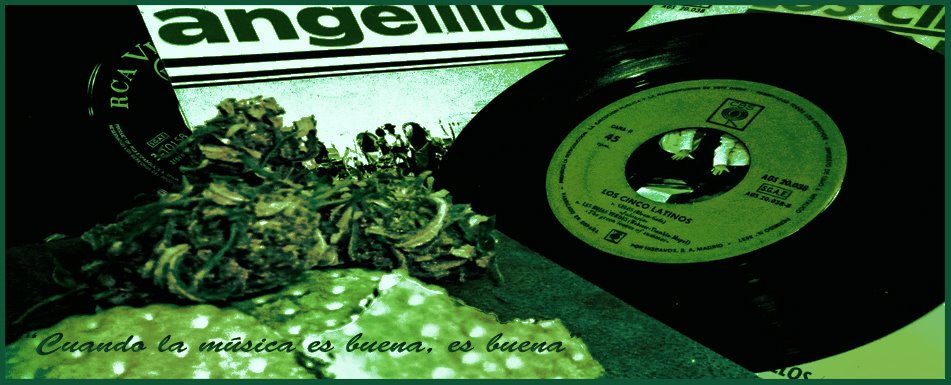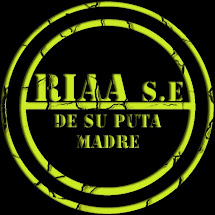Quintessence
"Dive Deep"
In the early '70s, progressive rock was heading in several different directions. There was the ultra-classical influenced Emerson, Lake & Palmer which ultimately ended in overblown performances that became too complicated for the casual pop or rock fan to enjoy, there were the bands that became heavier and more song-orientated like Deep Purple, and then there were the bands that had religion at their heart, mainly Eastern religions, the Incredible String Band and Quintessence fell into this latter category with all its members devotees of the Hindu faith, unusual at the time for Westerners. Dive Deep, Quintessence's third album, was effectively more of what had come before, with long instrumental passages, sometimes with definable themes and sometimes sounding as if the band had instructions to jam and see what happened. Not afraid to stretch their songs to around the ten-minute mark, there were only six tracks — of which "Epitaph for Tomorrow" had a guitar solo running through it and which could be described as the forerunner of Tubular Bells — and the final track, "Sri Ram Chant," made liberal use of the sitar, Raja Ram's flute, Indian rhythms throughout, and a mantra mentioning Krishna at every opportunity. Much simpler was the title track, "Dive Deep," which opened the album and owed more to '60s folk than prog or religious rock.
This led into the 11-minute track "Dance for the One" with a six-minute intro of meandering flute, never once managing a recognizable tune. Quintessence never made it into the big league, and this was not totally surprising based on the evidence of Dive Deep, which was their final album for Island before trying their luck on the newly founded Neon label (part of the RCA group and home to what RCA hoped what be their progressive equivalent of Harvest, Vertigo or Deram). Apart from one further week at number 50 in the charts with the album Self, Quintessence never really happened and the internal arguments that led the group to split increased.
Archivos a 320 Kbps y FLAC
LOOK FOR: DEEPESSENCE, DEEPESSENCF1 y 2
.jpg)

















































